The Writing Life with Marie Bacigalupo, Author of 'Ninth-Month Midnight'
A former copywriter and administrator, Marie Bacigalupo studied creative writing under Gordon Lish at the Fiction Center and participated in workshops sponsored by the University of Iowa and Story Magazine. Her work has appeared in The Examined Life Journal; Romance Magazine; New Realm Magazine; Perspective Literary Magazine; Spark: A Creative Anthology; and other publications. One of over 7000 entrants, she won First Place in the 13th Annual Writer’s Digest Short-Short Story Competition.
Visit her at http://mariebacigalupo.com/
Find out more about Marie's book, Ninth-Month Midnight, on Amazon!
Welcome to The Writer's Life eMagazine, Marie! Tell us, what’s inside
the mind of a women’s fiction author?
While
I’m writing, my mind is filled with thoughts about the best way to create compelling
characters and immersive plots. The “women’s” part of the genre distinction
simply means that in most of my fiction, though not in all (you’ll find male
protagonists in my short stories), the main characters are women. I’m
interested in their strengths and vulnerabilities as well as the preconceptions
of our society regarding their presumed limitations. Like any other writer, I
hope to continue perfecting my craft, and to do that I fill my mind with the
strategies of great authors; in other words, I read; therefore, I learn.
What is so great
about being an author?
Great
might not be the word I would use, but it is very gratifying to populate the
world of a reader’s imagination with people who did not exist before I put pen
to paper or, rather, fingers to computer.
When do you hate
it?
I
hate it when I struggle to put ideas into words, when I don’t know where I’m
going with the story; when something is not right, but I can’t figure out why.
What is a
regular writing day like for you?
I
start with breakfast, read the newspaper, and then sit down in front of my
computer. Since I’m always scribbling notes to myself on stray pieces of paper,
anything that flits through my mind with regard to a current project, I check
my notes for thoughts about how I might integrate a new idea or take the work
in a different direction. If family obligations don’t interfere, I write for a
couple of hours—sometimes productively, sometimes not—break for lunch, then
write for another hour or two. If the writing goes very well—and this is
rare—I’ll write continuously for five hours.
Do you think
authors have big egos? Do you?
It
seems to me big egos are a function of the kind of person you are and not the
kind of work you do. If I had to generalize, I’d say authors tend to be
perfectionists riddled with self-doubt. On the other hand, if by having a big
ego you mean believing in yourself, then I have a big ego. I think an author
had better believe in herself. If she doesn’t, she’ll give up when the blizzard
of rejection slips hits.
How do you
handle negative reviews?
I
allow myself to feel hurt and resentful for a moment. Then I examine the comments.
If they’re persuasive, they’ve taught me something and that’s good for my work.
If negative comments are the outpouring of a meanspirited reviewer, I try to ignore
them and move on. In the words of Stephen King, “If you write . . . someone
will try to make you feel lousy about it, that's all.”
How do you
handle positive reviews?
If
they’re from readers I respect, I feel validated. Then I worry that I won’t be
able to live up to the reviewer’s estimation of me. But to tell the truth, all
positive reviews make me happy.
What is the
usual response when you tell a new acquaintance that you’re an author?
Unless
the subject came up naturally, I would have no reason to tell a new
acquaintance I’m an author. People who find out ask the usual question--What
have you written? Then I mention my novella and short stories. If they’re kind
enough to ask where they can purchase my fiction, I provide the information.
What do you do
on those days you don’t feel like writing? Do you force it or take a break?
Unfortunately,
I have many of those days. I usually force it, with mixed results. But even if
the writing doesn’t come or if it’s awful, the effort itself is worthwhile because
it reinforces the habit of writing. Sometimes if I keep at it, I overcome the
hurdle and have a productive session.
Any writing
quirks?
I
need natural light; I can’t write once the sun sets. As funny as it may sound, Daylight Saving
Time boosts my productivity. The fact
that natural light nurtures my creative spirit reminds me how integral to
nature’s cycle we humans are. When night falls, I turn to entertainments: I have film, ballet, and opera
subscriptions. I do light reading; I
dine with friends; I watch TV. I don’t
work.
What would you
do if people around you didn’t take your writing seriously or see it as a
hobby?
What
could I do? Not much. I’d regret their attitude and hope for a measure of
success that would make them change their minds.
Some authors
seem to have a love-hate relationship to writing. Can you relate?
I
sure can. Dorothy Parker said, “I hate writing, I love having written.” That’s
pretty much how I feel about the writing life.
Do you think
success as an author must be linked to money?
No,
not at all. If that were the case, we’d have to call Jane Austen, Franz Kafka,
Zora Neale Hurston and a host of other great authors failures.
What has writing
taught you?
It’s
taught me just how great the great writers are because I know how hard it is to
be merely competent. Writing can be a humbling experience.
Leave us with
some words of wisdom.
Allow
yourself to write garbage. Just get the
words on paper. Once purged, you can
sift through the waste to find the kernel of value. Keep in mind that you don’t
need an M.F.A. to write; alternative routes
for learning abound. Take noncredit courses; attend conferences; and READ. I
have a library of fiction works and craft publications that I turn to again and
again. If you have the will, the way is
clear.
////////////////////////////////////


















































































































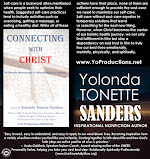


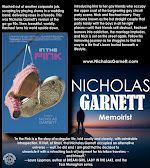


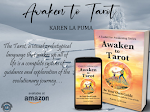
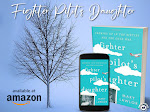
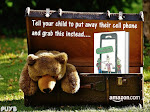
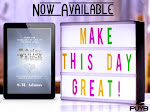


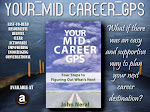
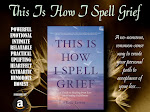
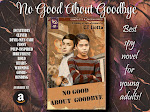

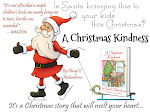
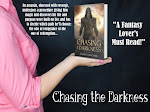
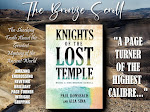


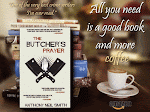
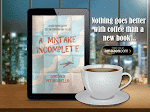
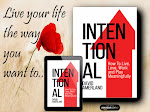
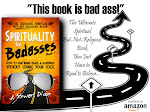

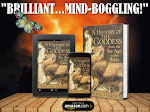

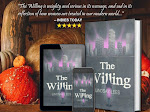
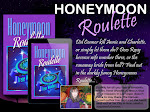
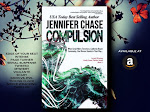
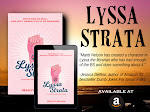
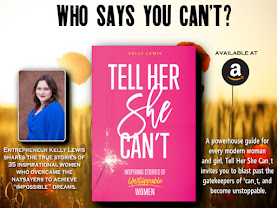









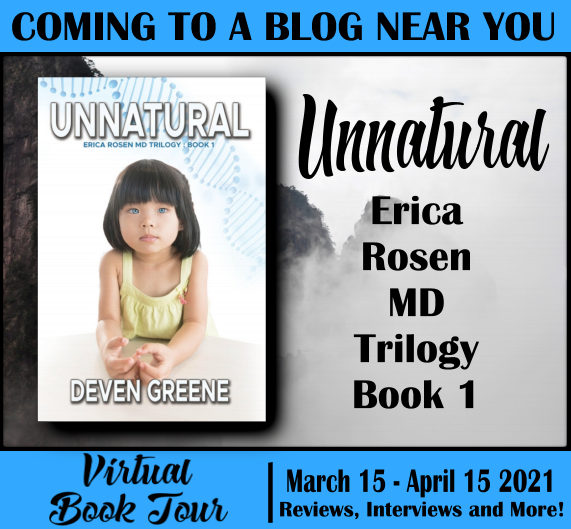
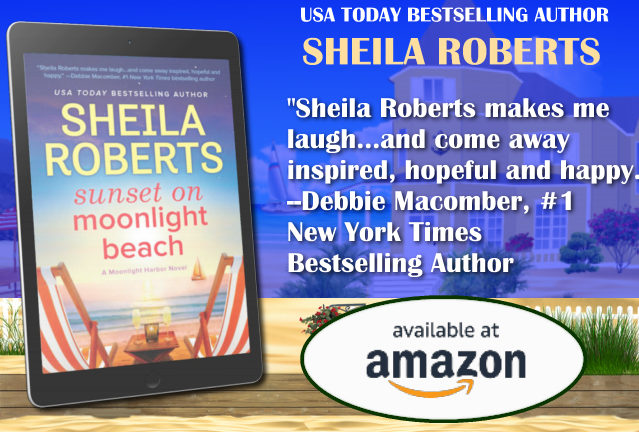
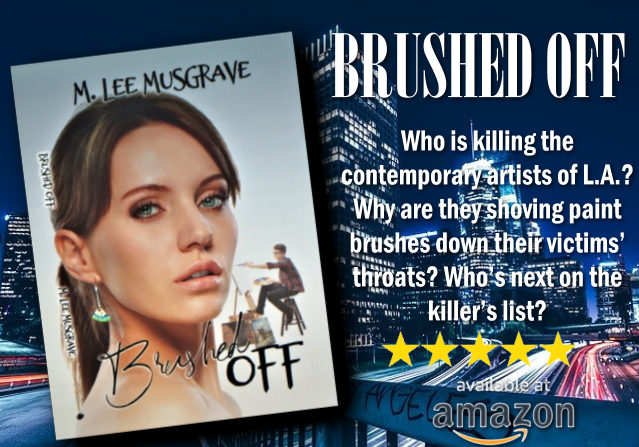


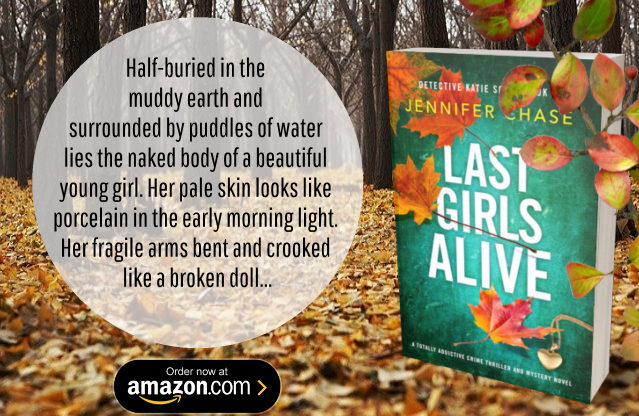
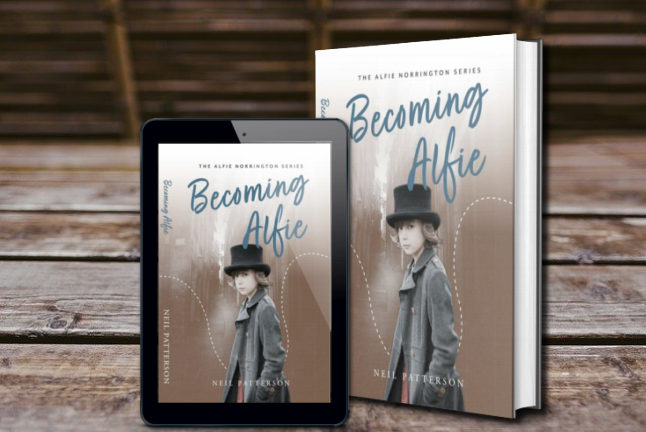
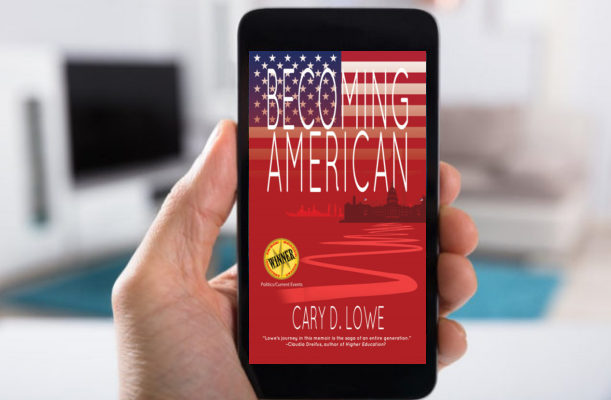

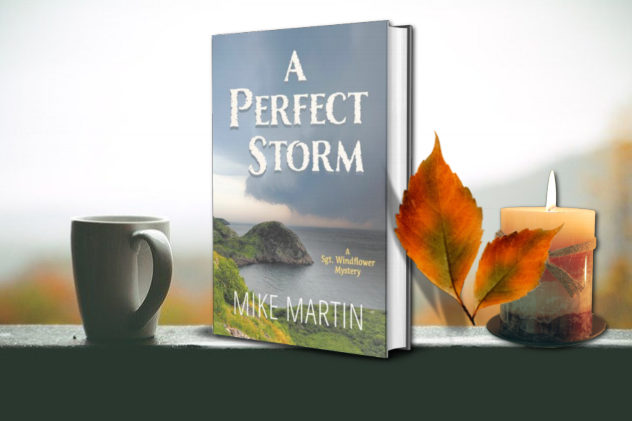
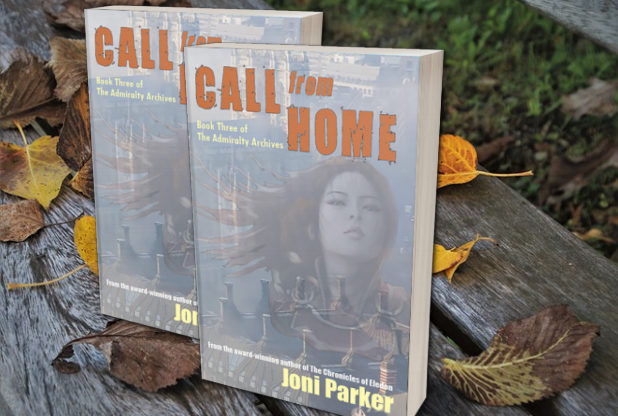
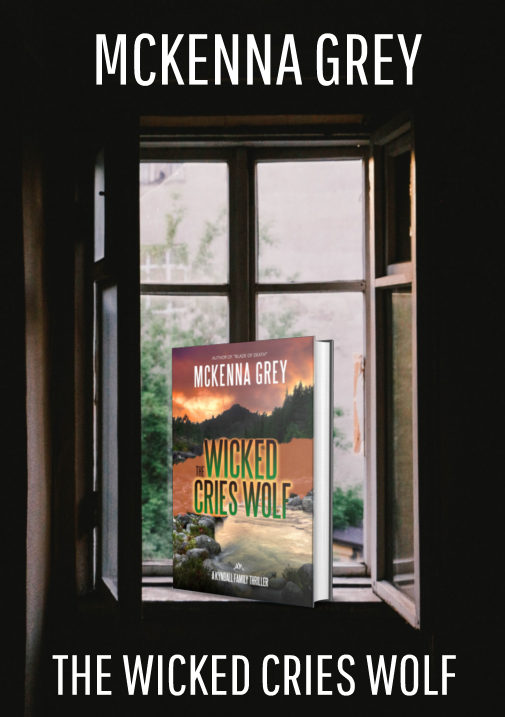


Leave a Comment